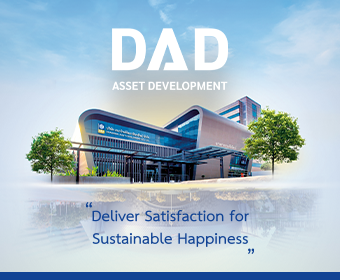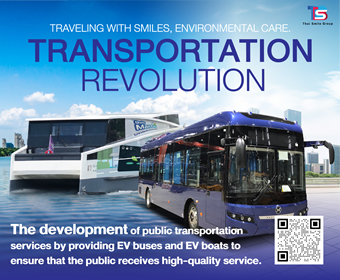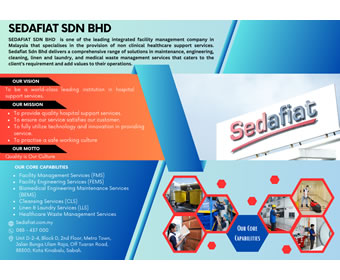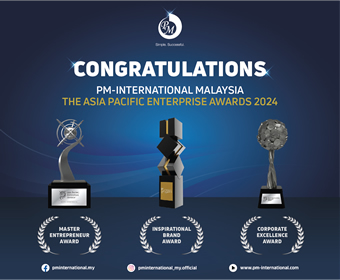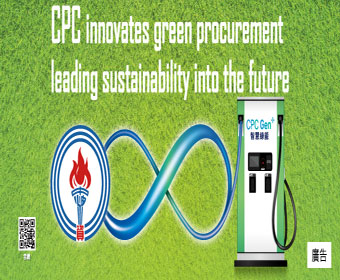Global talent solutions provider Robert Walters revealed its Salary Survey 2025 with compelling insights into the opportunities, challenges, and perceptions of professionals and organisations in Malaysia. The annual survey captures the outlook of over 500 employees and employers in Malaysia, focusing on shifting market dynamics and motivators of mid to senior-level professionals that will shape the year ahead.
Professionals from either side of the hiring fence shared optimistic views on career opportunities across the board, with over half (55%) of organisations surveyed saying they were ramping up recruitment plans in the next 6 to 12 months. Meanwhile, a majority (64%) of mid to senior-level professionals expressed confidence about job prospects in their field, and 44% said they were already actively seeking new opportunities even while employed.
On the back of encouraging economic recovery, Malaysia’s hiring landscape will see new policies and investments driving a wave of shifts alongside strategic boosts through infrastructure development and capacity-building. These movements will likely translate to tighter competition in the labour market, as both employers and employees delineate their expectations and preferences in the changing workplace.
“After weathering the ups and downs of a challenging global economy, Malaysia is standing on firmer economic ground. With the Madani Budget 2025 introducing several initiatives aimed at high-value activities and economic diversification, we anticipate seeing more high-value roles and increased digital capability requirements across various specialisations. These developments will play a key role in opening doors for upskilling, digital transformation and creating job opportunities, driving demand for skilled talent, said Ai Rene Tan, Robert Walters Country Head for Malaysia.
Key insights and findings on Malaysia’s hiring outlook in 2025
Competition (and salary expectations) heat up.
As the Government’s new economic strategies and initiatives take shape, companies are increasingly relying on market intelligence, such as insights on talent trends, salary data and talent mapping, to stay ahead.
Yet despite taking a data-supported approach, organisations are experiencing roadblocks in finding the right talent. While the survey revealed that 89% of professionals are eager to explore new roles, 47% of organisations said that they had difficulties with the candidate pipeline, while 45% of organisations said they struggled with a lack of industry experience among candidates.
Compensation also continues to be a key discussion point heading into 2025. A large majority (85%) of organisations said they were likely to give salary increases next year, matching professionals’ confidence in attaining a pay bump. In addition, most organisations (71%) said they would boost wages between 1-5%, meeting a majority of employees’ expectations (61%).
However, despite these alignments, companies may be faced with candidates seeking more lucrative offers in a competitive labour market: 32% said they would request an increase of 25% and above from their prospective employers. On the other hand, 63% of employers find it challenging to meet candidates’ expectations of higher salaries and benefits, with 41% saying they had difficulty offering competitive pay and benefits to retain talent, indicating a mismatch in perspectives between organisations and professionals.
Skills-based hiring, upskilling top of mind for companies
In a bid to attract and retain professionals, companies are increasingly placing their focus on skills-based hiring and equipping existing talent with in-demand skills. This comes as organisations deal with industry changes such as artificial intelligence and gaps in the talent pipeline.
68% of organisations also identified the high competition for talent as a key challenge in retaining professionals. Thus, upskilling employees is increasingly becoming a priority with 77% of employers offering training and development courses as part of a competitive employee benefit package.
Employers are also placing a premium on soft skills, particularly those that can help in moments of crisis, among prospective candidates – these include problem-solving and critical thinking (69%) and having a positive attitude and resilience (43%). Other soft skills such as strong communication skills (42%), leadership and team collaboration (41%) and initiative and self-motivation (36%) also continue to be priorities for organisations when it comes to professional talent.
Positive work culture and flexible hours are priorities for job seekers
While 52% of professionals ranked excellent compensation and benefits as their top expectation of prospective employers, the survey revealed that professionals’ considerations go deep beyond remuneration.
Aside from bonus schemes, professionals prioritise flexible working hours (77%) as an important benefit as they seek to balance the demands of work and home. Meanwhile, workplace culture (35%) is also important for professionals, and they value companies with open leadership and a positive working environment (42%).
“As economic growth brings several shifts in the employment landscape, attracting and retaining talent have become more complex amid rising competition and changing workplace preferences. With Malaysia entering a transformative 2025, organisations can look forward to various growth possibilities. Yet this also means having to navigate fluid job market dynamics and shifting motivations as the world of work continues to change,” Tan said.
Now in its 26th year, the Robert Walters Salary Survey tool is used by employers, HR managers and employees for benchmarking salary levels within their industry. Salary ranges shown in the tool are based on an analysis of placements made across Robert Walters’ network of offices and specialist disciplines in 2024.
The post Hiring expands as professional confidence soars for 2025 appeared first on HR ASIA.




